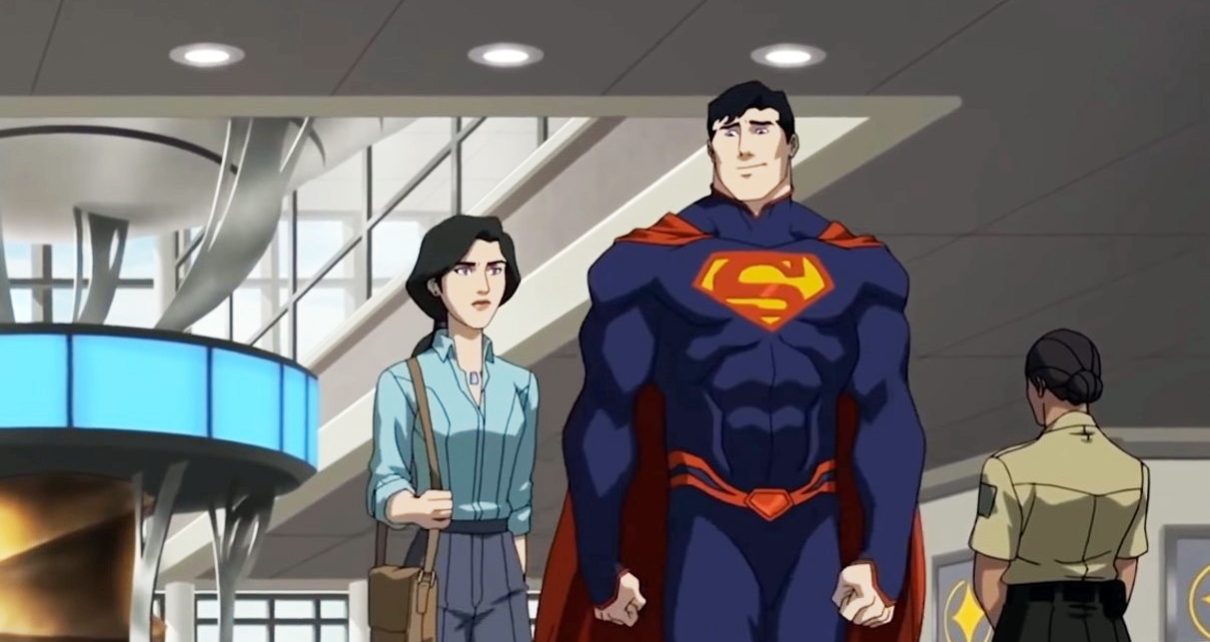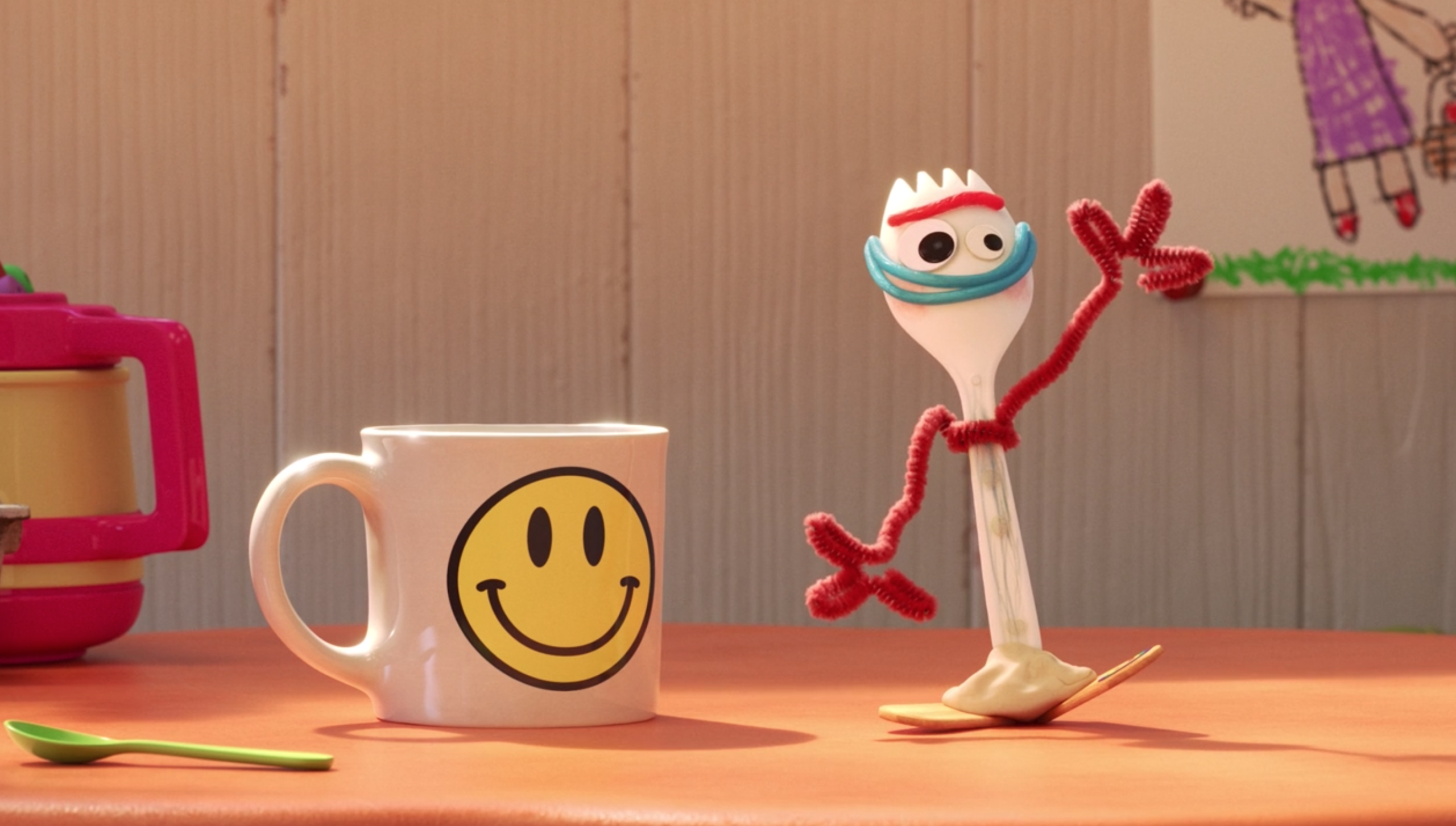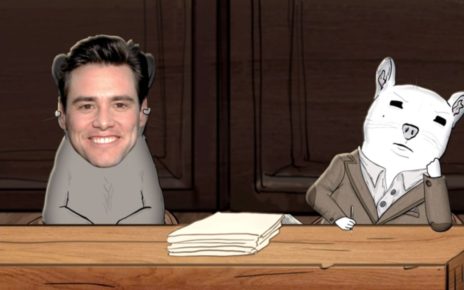Superman has died a lot at this point.
By now, most of us have a sense of how a story titled The Death of Superman is gonna go down. The now-classic 1992 comics saga has been adapted several times for screens: notably as self-aware riffs in the animated series Justice League episodes “Hereafter” and “A Better World,” then in a proper full-length effort in Superman: Doomsday, and more recently in the abysmal Batman v Superman: Dawn of Justice.
Now, more than 25 years after the release of the original storyline, we have The Death of Superman, directed by Sam Liu and Jake Castorena, written by Peter J. Tomasi, and released direct-to-video this July. And it’s actually not bad. There’s a lot they do to make this a closer and more affecting spin on the arc than those we’ve seen before, thanks to its focus on character relationships and tight plotting. The city-shattering punches and heat vision and breezy Justice League banter are all there, as is the redoubtable villain Doomsday, but Liu and Castorena’s film is surprising because it gets to the heart of Superman’s humanity—rather than his ability to take down bad guys. Here’s how it pulls that off.
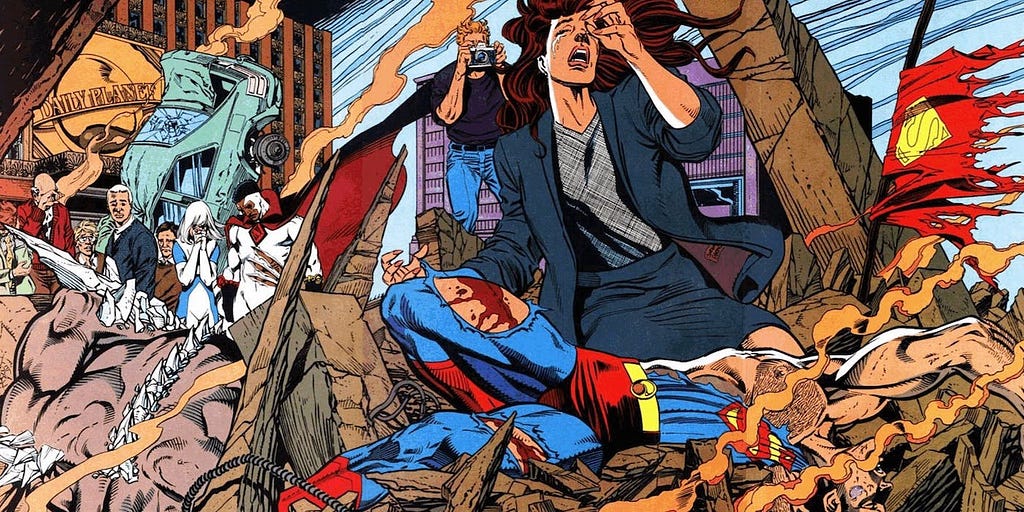
Lois and Clark deal with some real issues
To be clear, Doomsday only shows up late into the movie’s runtime. And despite offering up the climactic, Metropolis-demolishing fight scene and racking up an impressive body count, he’s crucially not the central conflict of the movie. That distinction belongs to Lois and Clark, who are are in a relationship together as Lois and Clark, not as Lois and Superman. It puts the boy in blue in a familiar bind for the whole movie: does he jeopardize Lois’s safety by revealing his identity to her? Lois isn’t a passive agent either, but a dogged, award-winning political reporter. She knows something’s up and she’s terrified that this emotionally unavailable stiff won’t open up to her and might actually end their relationship instead of telling her what’s going on. Contrary to the treatment of their relationship in Batman v. Superman, all of this beautifully soapy superheroic drama…actually works! And it’s a welcome, believable surprise to see both Lois and Clark independently work through the implications of their feelings for one another alongside their closest friends and confidants.
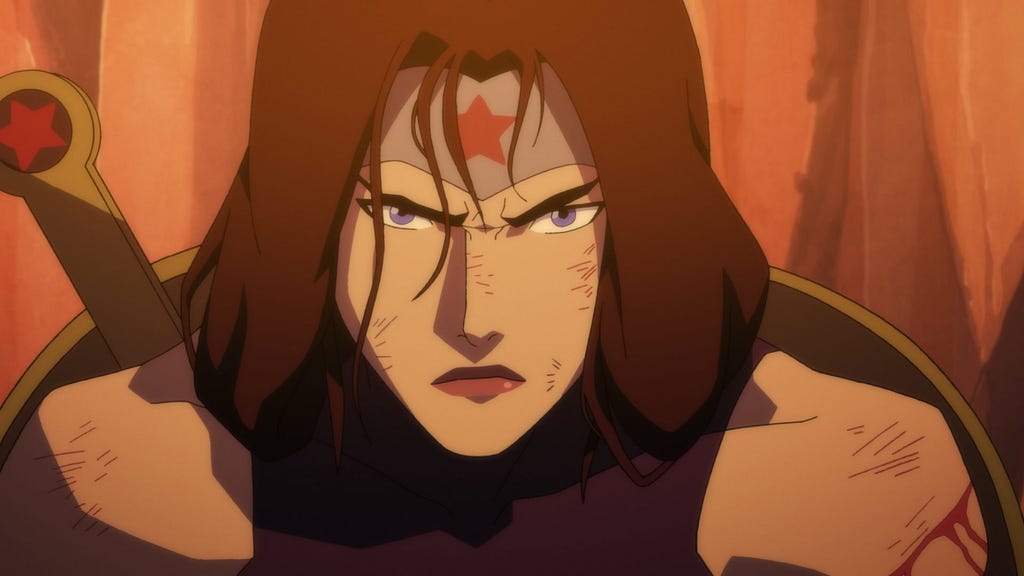
Superman and Lois’s supporting casts are as tight as ever
This movie bends over backwards to remind us that Superman has friends and that those friends have history. The DC Animated Movie Universe hasn’t always been perfect, but after more than 30 animated movies made in the last decade or so, there’s a clear sense of the tender relationships between Justice League characters like Wonder Woman—who Clark dated way back when and who knows his bullshit—and the Flash, a wise-cracking goofball who nonetheless states the theme of the movie: love is sacrifice, whether you’re faster than a speeding bullet or not.
The non-powered gang is also treated with the right amount of exposure: Clark’s parents are adorable and devastated; Lex Luthor’s entire raison d’être is to illustrate how pathetic and small he really is; Cat Grant gives Lois a much-needed gal pal and sounding board. In a tight 81 minutes, none of these interactions feel stupid or canned or forced or over-the-top in the way Lois—as great as her characterization on most of Justice League is—felt when she yelled at Luthor and beat his chest at Superman’s funeral in the episode “Hereafter.” Instead, The Death of Superman shows us Luthor, bastard capitalist dog that he is, getting the podium to speak at his archenemy’s funeral while Jonathan and Martha Kent are forced to watch from the sidelines as their son is interred. Those who knew both Clark Kent and Superman can do nothing about that injustice in the moment, and it’s appropriately awful.
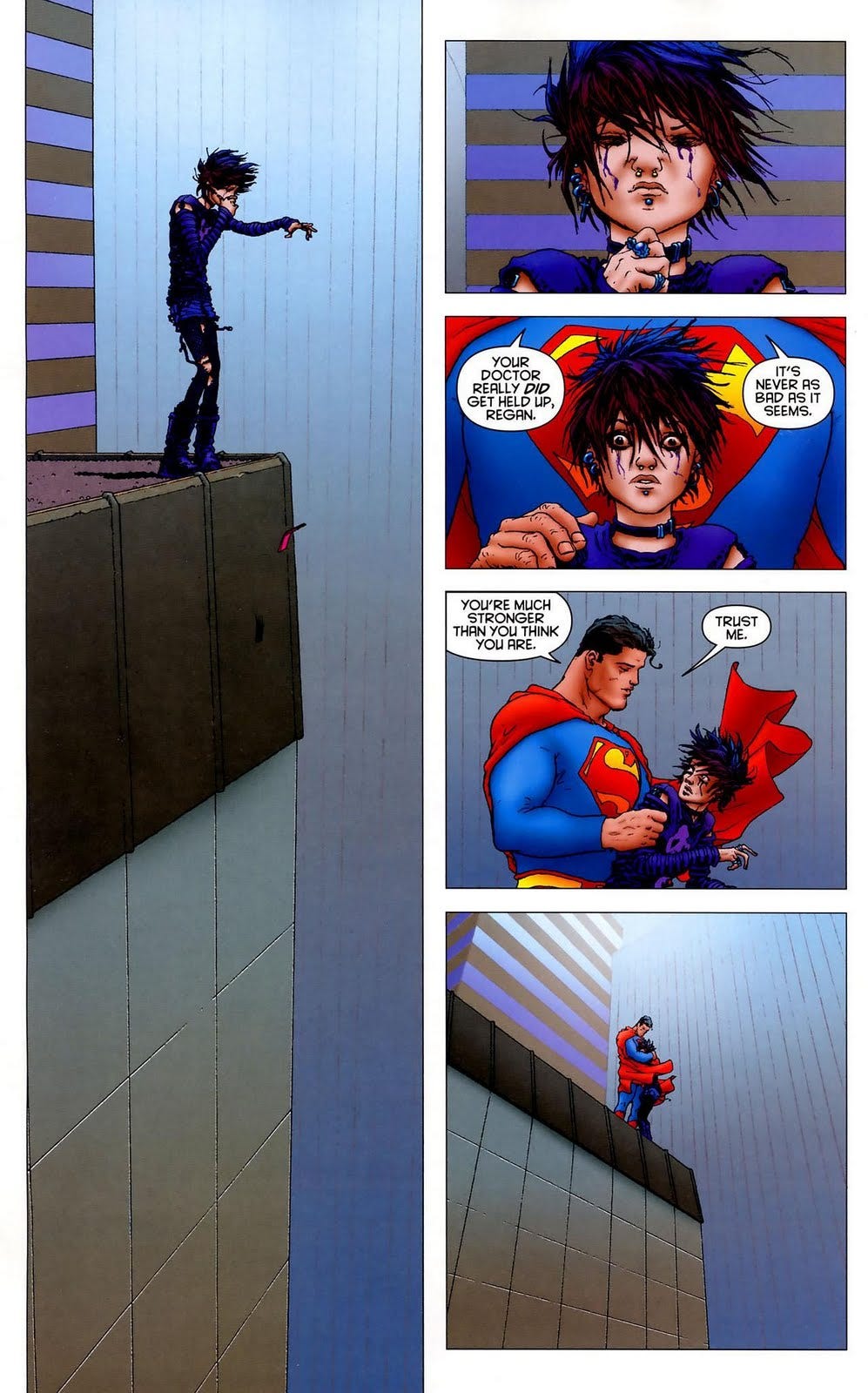
It knows what a great Superman story should do
The concept this adaptation seems to understand better than most is that when it comes to his heart and his relationships, Superman can often feel just as powerless as the rest of us. He’s also a conduit through which the vulnerable and the powerless find their strength. That’s the tragedy of Superman’s death, the same way it’s the tragedy of all hero’s deaths. It’s why so much of Zack Snyder’s efforts in Man of Steel, Batman v. Superman, and Justice League felt hollow by comparison. It’s why Superman: Doomsday felt uneven in the way it retold Superman’s death, replete with the climactic fight scene, but then brought him back in the same film. It showed us the emotional fallout but didn’t let its audience sit with it in the same way, and introducing a Superman clone as its secondary villain muddled the pacing of the story and those themes significantly.
With a longer runtime that tells a more straightforward chunk of the story,the new The Death of Superman movie has the luxuries of both time and continuity on its side. There will be a follow-up film, Reign of the Supermen, in 2019, to answer the question of how Superman comes back. But for now, The Death of Superman powerfully posits the question of “What happens when Superman dies?” again and lets its audience sit and consider the answers. Superman is strong enough to keep us safe when he’s around, but he’s also there to remind us we have our own strength, too. (The most explicit example of this remains the attempted suicide in the pages of Grant Morrison and Frank Quitely’s All Star Superman.) It’s why Wonder Woman makes a conscious effort to give Supes time to hang with Lois as Clark Kent, and part of why she and the other Leaguers nearly die fighting Doomsday. It’s why, faced with the agonizing question of whether to reveal his secret to Lois, his parents encourage him despite being frail, aging humans themselves. It’s why, when Superman is down for the count in the movie’s climactic fight scene, Lois picks up a rock and tearfully chucks it at Doomsday’s head. And it’s why the movie gets so much mileage out of keeping its attention isolated on Superman’s death and its implications rather than his resurrection. Even two decades later, the first still carries weight and grief and pain all on its own. It’s the two together that can feel emotionally inert.
For now, that’s not the case with The Death of Superman. We don’t know if Reign of the Superman will treat his comeback with the same gravitas, but in the meantime, we’ve got a comic book adaptation worthy of its title. The last line Superman gets in the movie as death creeps upon him in Lois’s arms is, “What a lucky man I was.” He’s not wrong. And the movie makes sure the viewer knows it.
Thanks for reading The Dot and Line, where we talk about animation of all kinds. Don’t forget to for this article and follow us on Twitter and Facebook.


